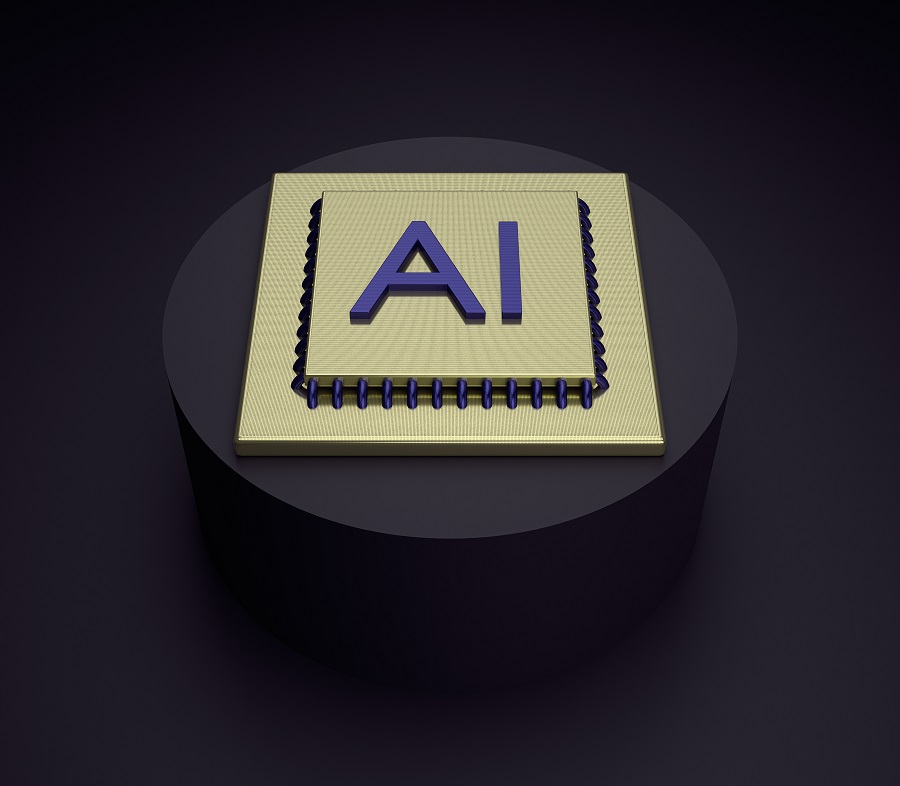The Evolution of Smartphone Experience

In the rapidly evolving landscape of technology, artificial intelligence (AI) has emerged as a transformative force, revolutionizing various aspects of our lives. One sector where AI is making profound strides is the smartphone industry. As the SEO Content Writer for UpTradeit.com, let's delve into the ways AI is enhancing the smartphone experience, making our devices smarter, more intuitive, and indispensable companions in our daily lives.
Personalized User Experience:
AI algorithms have the ability to analyze user behavior and preferences, creating a personalized smartphone experience. From suggesting tailored app recommendations to predicting user actions, AI-driven personalization ensures that smartphones become an extension of the user's unique needs and preferences.
Enhanced Camera Capabilities:
AI-powered camera technologies have revolutionized smartphone photography. Features such as scene recognition, facial recognition, and automatic image optimization ensure that users can capture stunning photos effortlessly. The integration of AI in smartphone cameras enables users to take professional-quality photos with minimal manual intervention.
Voice Recognition and Virtual Assistants:
Virtual assistants like Siri, Google Assistant, and Alexa have become integral parts of the smartphone experience. AI-driven voice recognition technology enables users to interact with their devices through natural language, performing tasks, answering queries, and providing information, thereby streamlining daily activities.
Improved Battery Management:
AI algorithms play a crucial role in optimizing battery performance. Through machine learning, smartphones can analyze usage patterns and adjust power consumption accordingly. This ensures that battery life is maximized, providing users with a more reliable and long-lasting device.
Predictive Text and Auto-correction:
AI-driven keyboard technologies have transformed the way we communicate through smartphones. Predictive text and auto-correction algorithms leverage machine learning to understand and predict the user's typing patterns, making texting and messaging more efficient and error-free.
Augmented Reality (AR) Experiences:
AI contributes significantly to the development of augmented reality applications, offering users immersive and interactive experiences. From gaming to navigation, AI-driven AR enhances the smartphone experience by blending the digital and physical worlds seamlessly.
Security and Biometric Authentication:
AI has bolstered smartphone security measures, particularly in the realm of biometric authentication. Facial recognition and fingerprint scanning technologies, powered by AI algorithms, provide users with secure and convenient methods of unlocking their devices, ensuring that sensitive information remains protected.
Smart Health Monitoring:
AI has made significant inroads into the realm of health and wellness through smartphone applications. With the integration of sensors and AI algorithms, smartphones can monitor various health metrics, such as heart rate, sleep patterns, and physical activity. Users can now access real-time health insights, allowing for better self-management and proactive health tracking.
Intelligent Chatbots and Customer Support:
AI-driven chatbots have become invaluable for enhancing customer support experiences on smartphones. From resolving queries to guiding users through troubleshooting processes, these intelligent virtual assistants provide instant and efficient support. This ensures that users have a seamless experience when seeking assistance or information related to their devices.
Seamless Connectivity with IoT:
The Internet of Things (IoT) has been made more accessible and user-friendly through AI integration in smartphones. AI algorithms facilitate seamless communication and coordination between various IoT devices, allowing users to control smart home devices, access security systems, and manage connected appliances directly from their smartphones.
Adaptive Display and User Interface:
AI contributes to creating more adaptive and user-friendly interfaces on smartphones. By analyzing user interactions and preferences, AI algorithms can dynamically adjust display settings, app layouts, and even suggest personalized themes. This ensures that users have an intuitive and customized interface that aligns with their individual preferences.
Language Translation and Communication:
AI-powered language translation applications have made communication across language barriers more accessible. Smartphones equipped with AI-driven translation tools enable users to engage in conversations with people from different linguistic backgrounds, fostering global connectivity and collaboration.
Automated Task Management:
AI-based task automation is streamlining the way users manage their schedules and productivity. Smartphones equipped with intelligent task management systems can learn user habits, prioritize tasks, and even suggest optimal times for specific activities, helping individuals stay organized and efficient in their daily lives.
Conclusion:
The continued integration of artificial intelligence into smartphones is a testament to the dynamic nature of technological progress. As we witness the expansion of AI applications across various facets of smartphone functionality, it becomes evident that the synergy between human intuition and machine intelligence is creating a more sophisticated and user-centric experience. The future holds the promise of even more innovative developments, further solidifying smartphones as indispensable tools that adapt, learn, and cater to the unique needs of each user. The journey towards a smarter and more connected world through AI-driven smartphone experiences is an exciting evolution that UpTrade is poised to explore and celebrate with its users.